Rio’s favelas are on their own to stop the spread of COVID-19
By AFP
07 August 2020 |
3:50 pm
A team of volunteers sprays disinfectants in Rio de Janeiro’s favelas to stop the spread of COVID-19, saying that the government is not serving these poor neighborhoods, which have to fend for themselves against the pandemic.
In this article
Related
Related
8 hours ago
The number of people suffering acute food insecurity rose in 2023 for the fifth year in a row, according to a UN-led report. Conflicts, extreme weather and economic shocks are worsening the food crisis many people face.
1 day ago
Antony Blinken arrived in China for his second visit in a year to discuss a range of issues amid rising tensions between the two countries.
1 day ago
Videos falsely claiming to show Israel invading or bombing the Gazan city of Rafah have gone viral on X this week. Also, what do we know about Israel's planned invasion of Rafah, based on satellite images? We tell you more in this edition of Truth or Fake.
1 day ago
Thousands of people in Portugal are marking the fiftieth anniversary of the country's Carnation Revolution – a military coup that put an end to Europe's longest dictatorship and to 13 years of colonial wars in Africa.
1 hour ago
In India's 2024 election, half of the registered voters are women. Yet only a small percentage of them are running for office. In this video, we explore why are there so few female politicians.
1 hour ago
Chinese President Xi Jinping said the US and China should be "partners, not rivals," as a series of issues, including Chinese aid for Russia in its war against Ukraine, continue to separate the countries.
Latest
51 mins ago
Some 16,700 Filipino and US troops began annual joint military exercises in the Philippines on Monday, amid tensions with China over Beijing's growing assertiveness in the region.
3 hours ago
El Nino is causing extreme weather events in East Africa and a crippling drought in the south of the continent. Experts say immediate action is needed to tackle famine and displacements.
3 hours ago
Tino Chrupalla, co-chair of Germany's far-right populist Alternative for Germany (AfD) party was the main guest in a Sunday evening political TV show on public channel ARD on Sunday. He got plenty of space to present himself as friendly and well-meaning, denying any knowledge of leading AfD politicians being on Russia's payroll, of racism and misogyny in his own party.
7 hours ago
Drought, wildfires, floods and record heat in Europe: Last year was one of extreme climate impacts for humans and nature. But there's also some positive news.
7 hours ago
The Dambe sport is more than just a fist fight, it is deeply rooted in the tradition of the Northerners of Nigeria. The sport has caught the attention of the federal government, but Jibrin Inuwa Baba, a kickboxing champion calls for the modernization of the risky game while upholding the culture that binds the people.
1 day ago
FG to integrate over 20% unbanked Nigerians into banking system says Shettima and more
×

Get the latest news delivered straight to your inbox every day of the week. Stay informed with the Guardian’s leading coverage of Nigerian and world news, business, technology and sports.


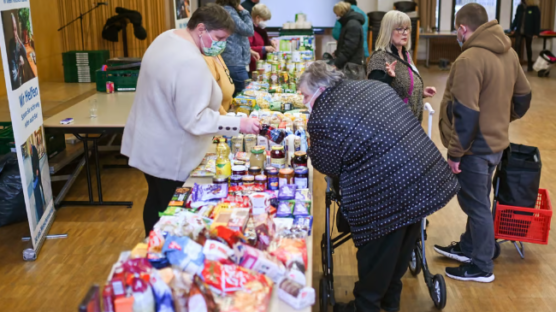




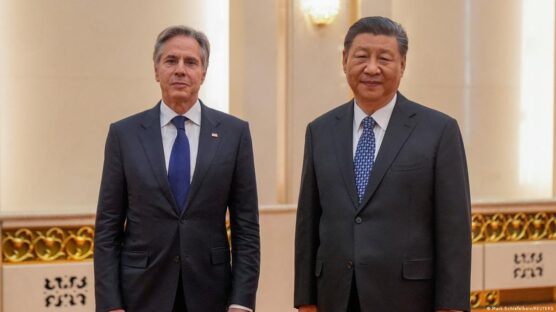




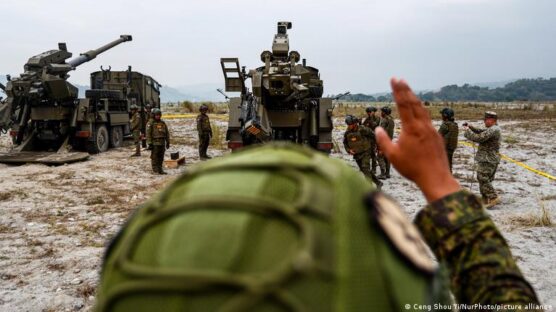
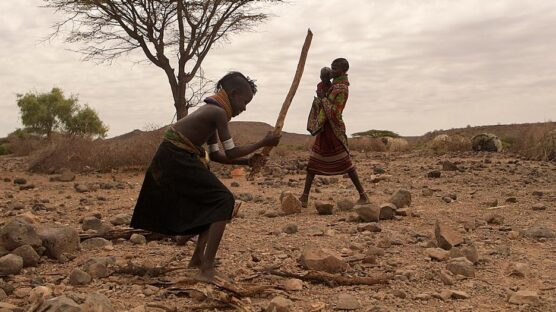

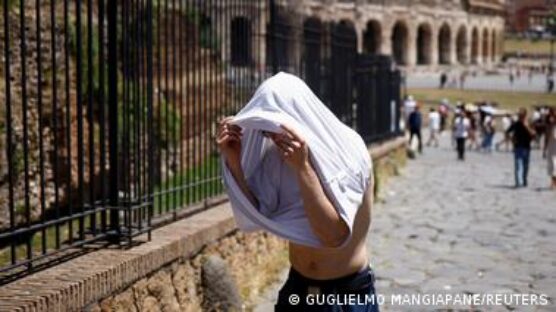
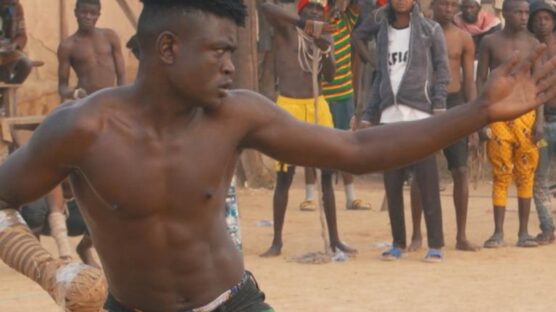

0 Comments
We will review and take appropriate action.